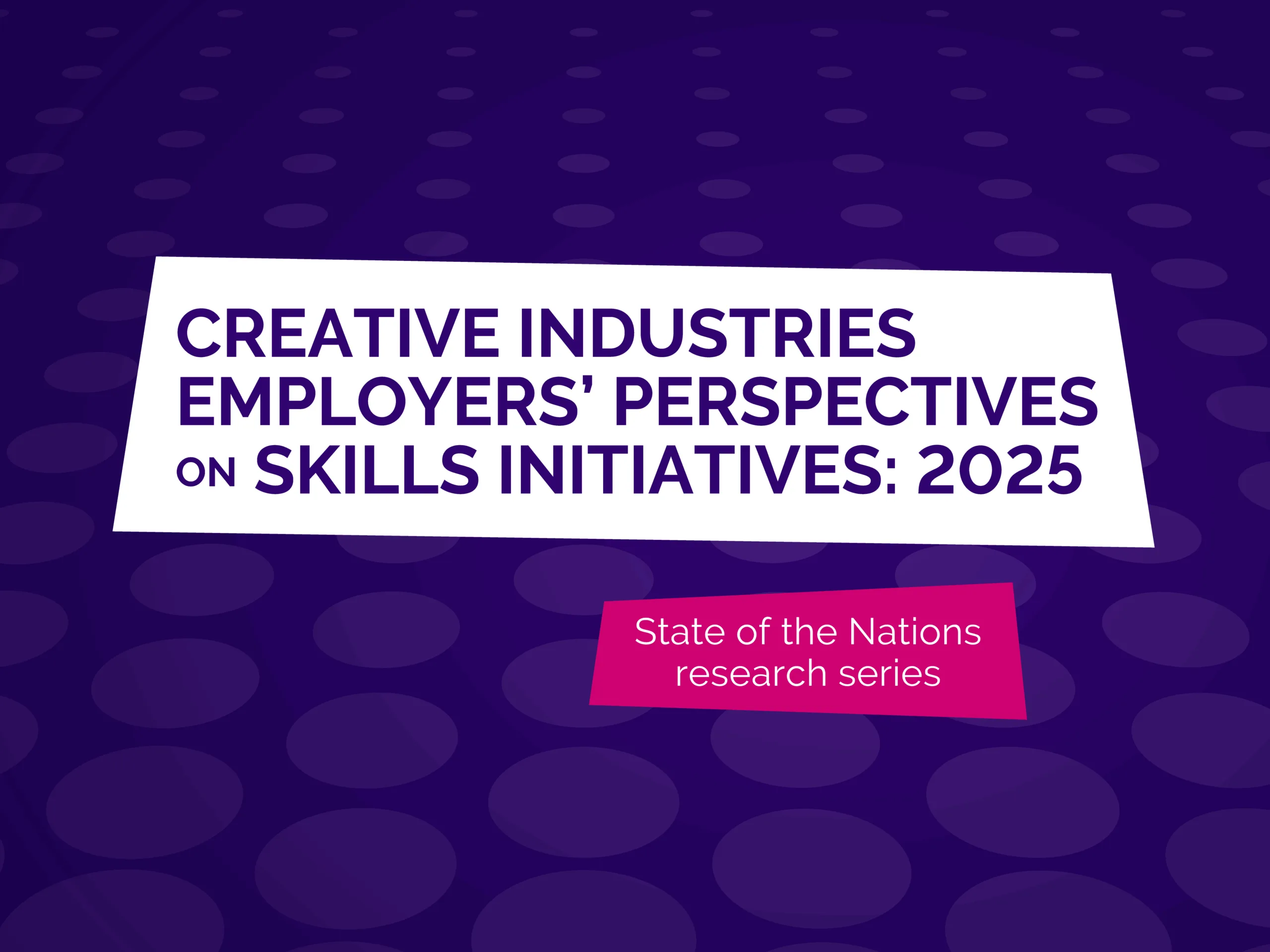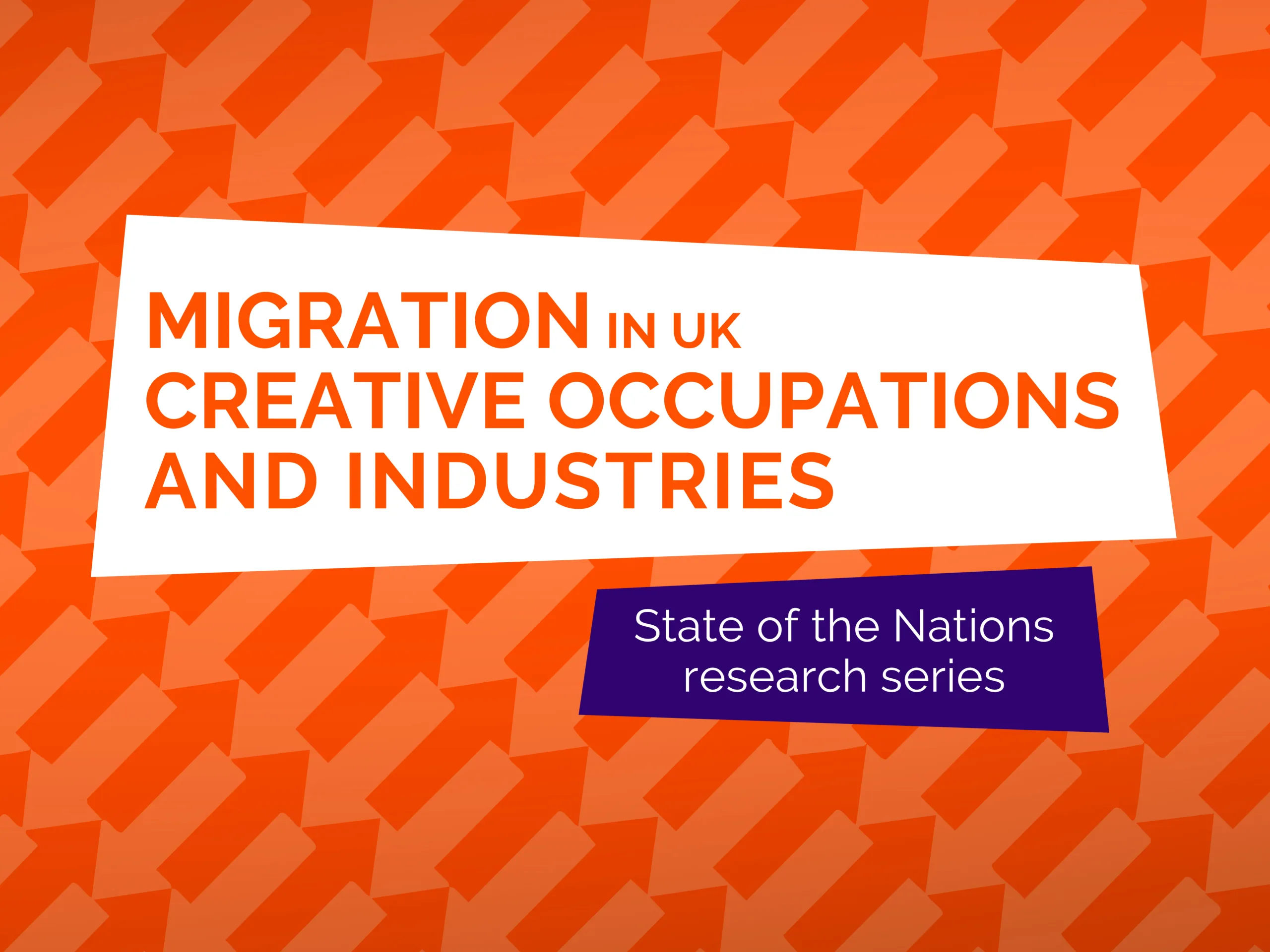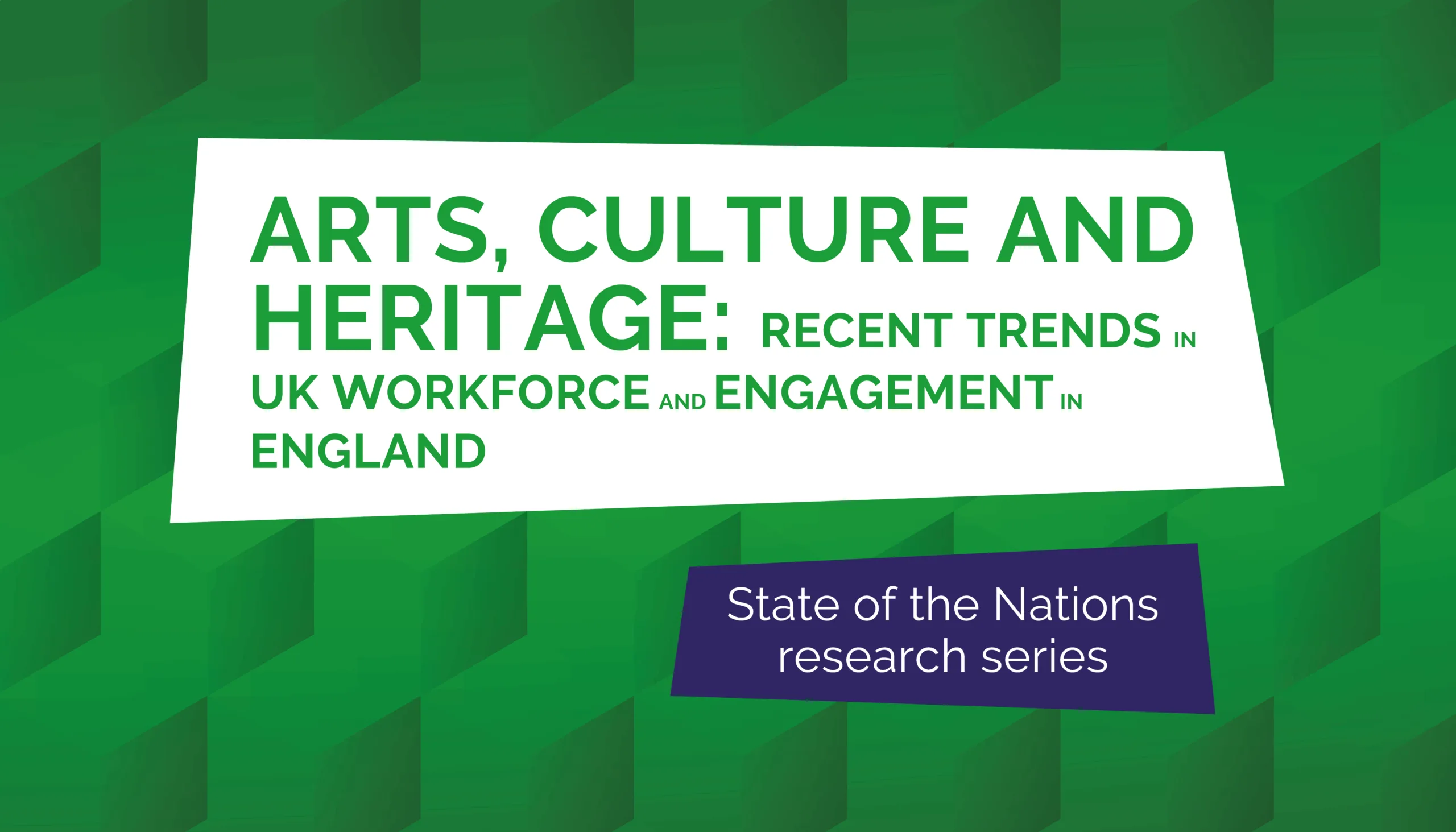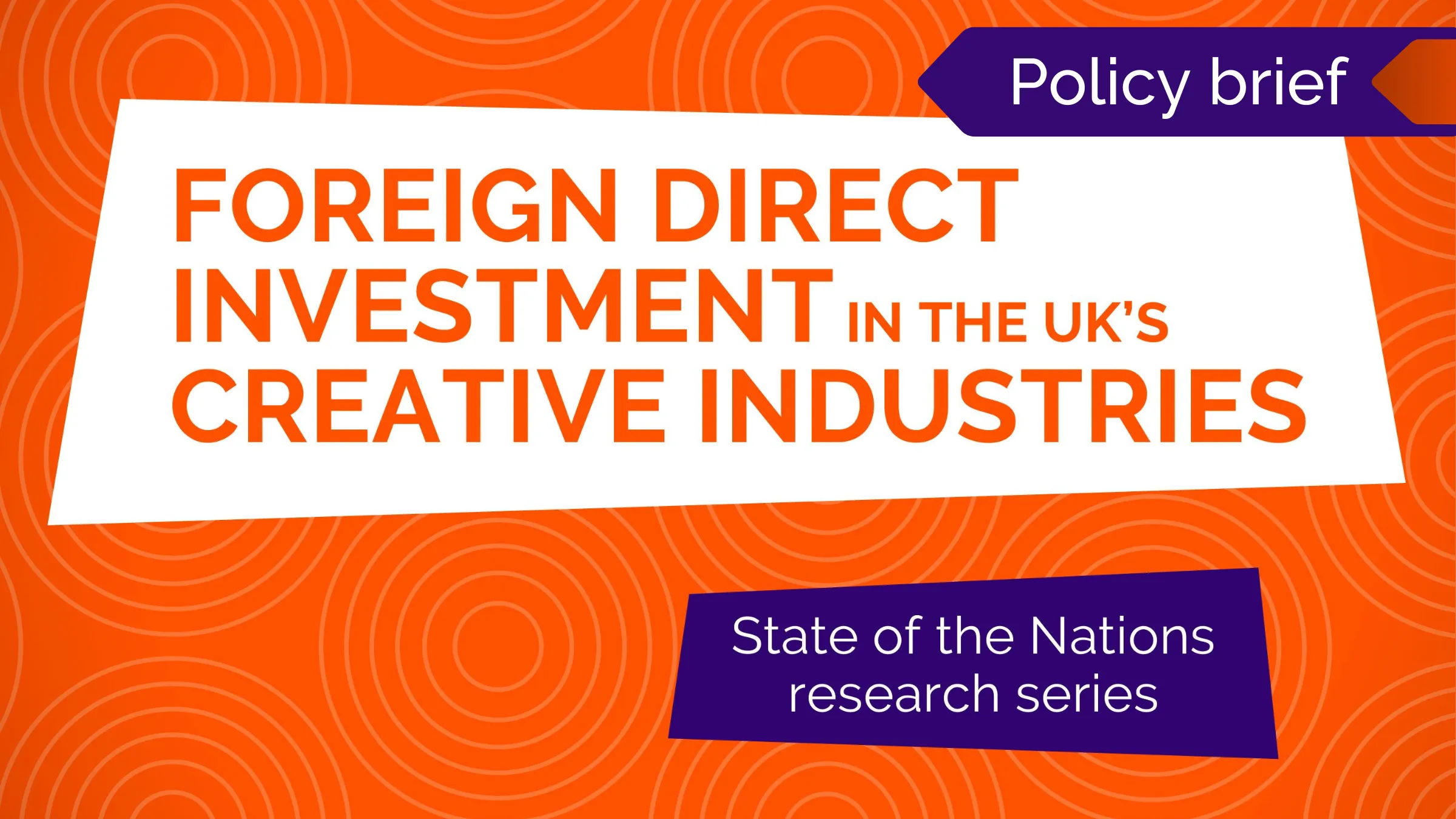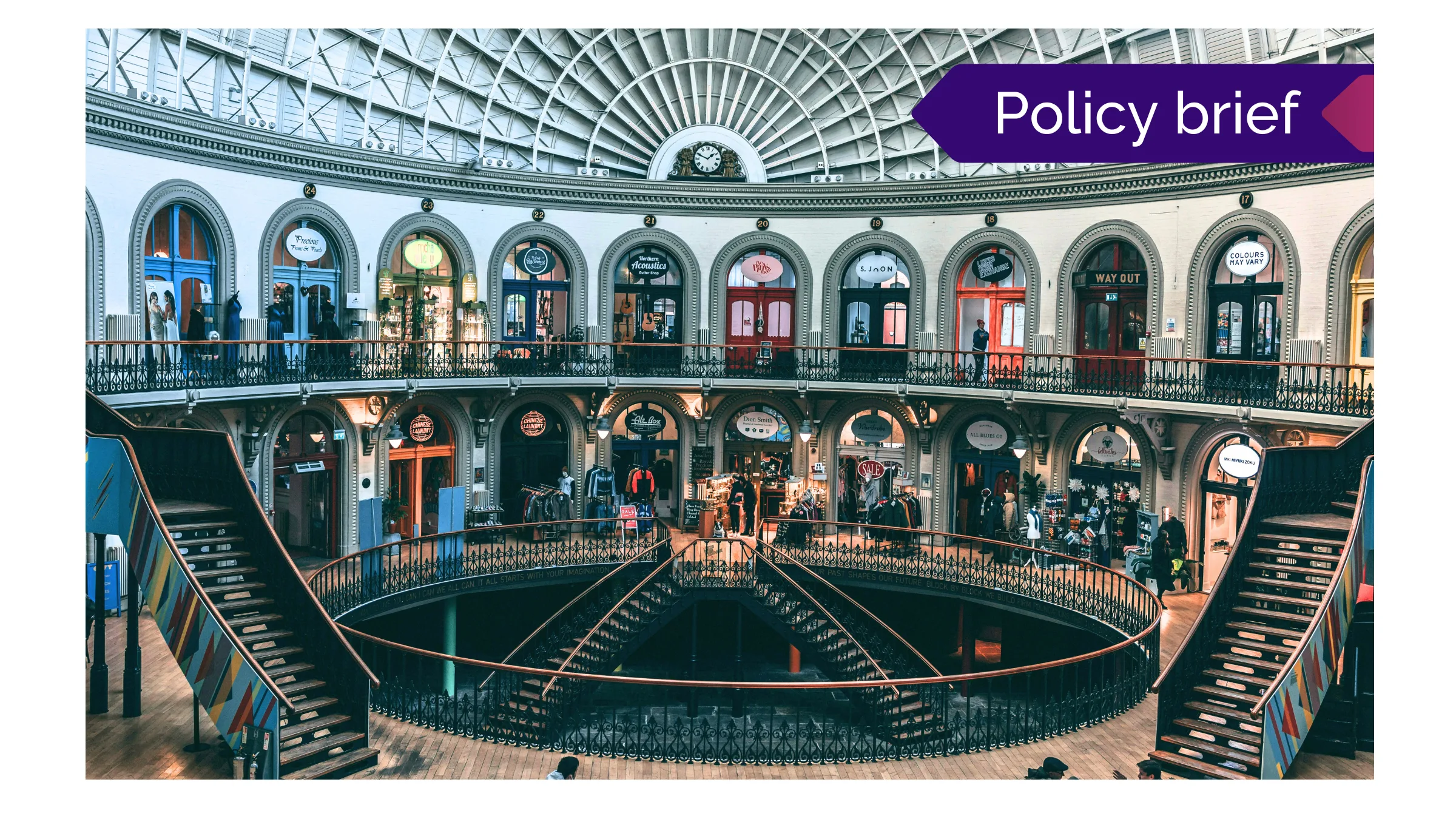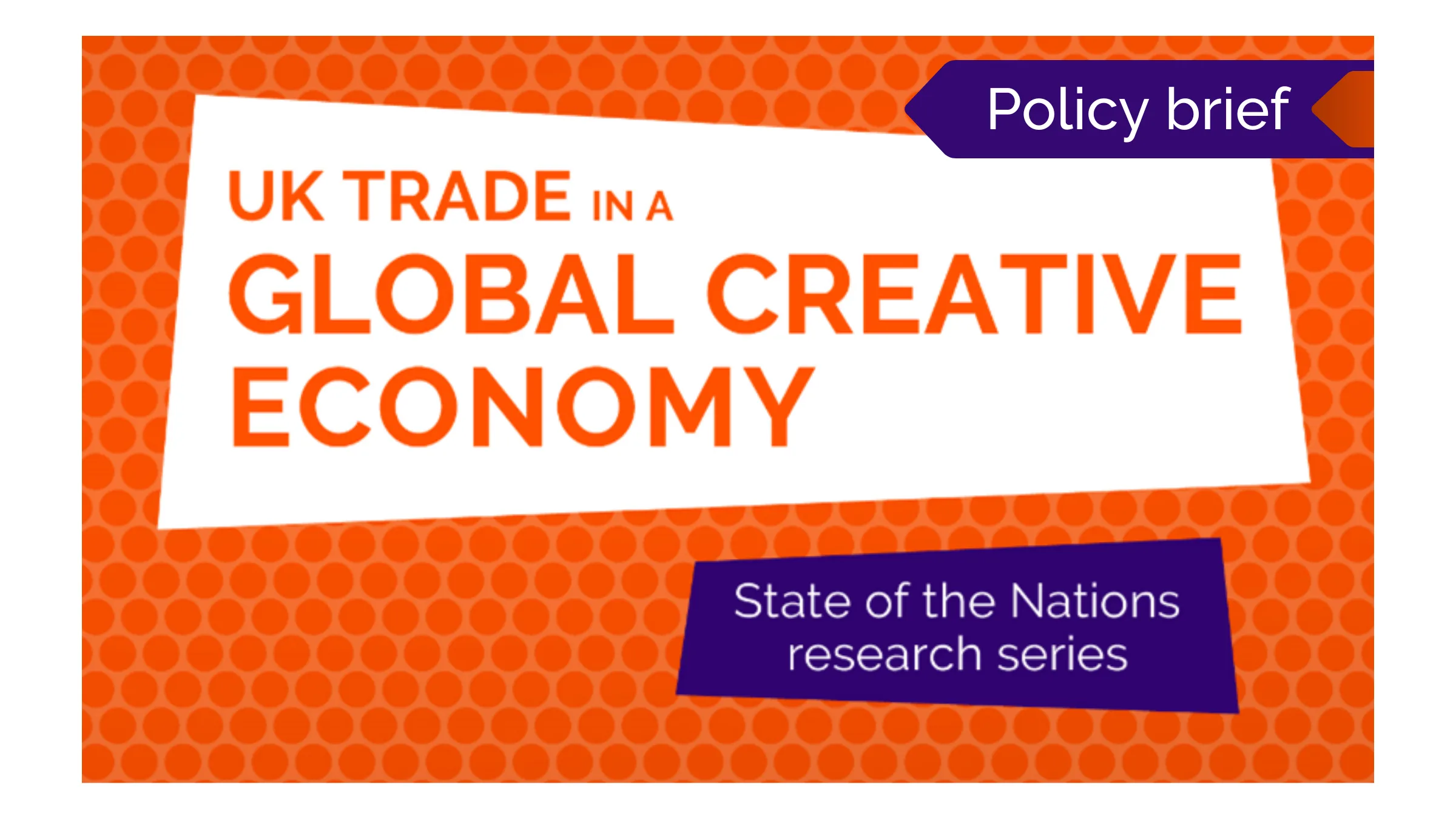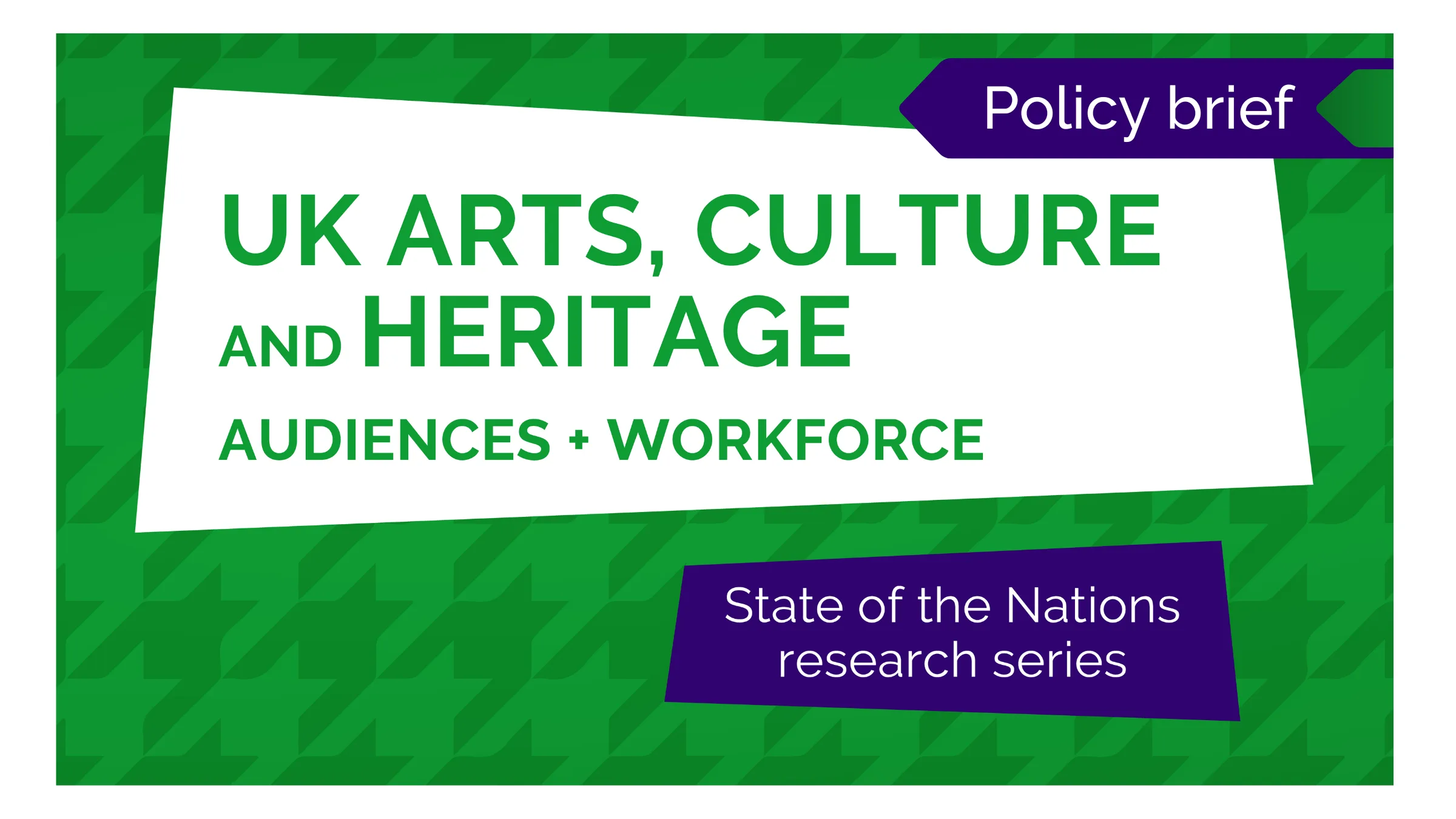The creative industries – from film, to fashion, to creative technology – are rightly lauded as a thriving part of the UK economy, contributing £101.5bn GVA and employing more than 2 million people. However, the sector faces significant challenges including those around business size, skills and diversity.
Despite a recent Sector Deal, the economic significance of the creative industries is still underappreciated in the House of Commons – since the last election the sector was mentioned just 305 times. This is surprisingly low when compared to the smaller, automotive industry, say, which was mentioned 533 times. That is why it is so vital that political parties consider the creative industries and their needs in their political manifestos.
Here we have put together four evidence-led policy recommendations that we think political parties of all colours should adopt to support this vital part of the economy, and which would help to address the greatest economic issue of our time, namely the nation’s sluggish productivity.
This briefing should not be read as a “manifesto for the creative industries”, covering all areas where policy change is needed, but rather four specific areas where the evidence strongly points to action that would help to grow the sector.
Published 8th November 2019
Related Policy Briefings
Harnessing the growth potential of createch
This insights paper summarises existing evidence on the present opportunities and challenges in crea…
Policy Brief: Creative Industries Employers’ Perspectives on Skills Initiatives: 2025
Overview The Government’s new Industrial Strategy sets a long-term, sector-focused approach to skill…
Policy Brief: Migration in UK Creative Occupations and Industries
Overview The UK’s creative industries are internationally oriented, a fact that’s reflected in its e…
Policy Brief: Arts, Culture and Heritage: Recent Trends in UK Workforce and Engagement in England
Overview Five years after the Covid-19 pandemic, engagement and employment in the arts, culture and …
Policy Brief: Foreign Direct Investment in the UK’s Creative Industries
Read the Policy Brief based on the most recent State of the Nations Report on FDI.
Policy Brief: Insights from the Northern Creative Corridor Workshops Sprint
The Northern Creative Corridor is an initiative aimed at connecting creative clusters across Norther…
Policy Brief: International Trade and the UK Creative Industries
This policy brief examines international trade in the UK creative industries. Drawing on our UK Trad…
Policy brief: Audiences and Workforce in Arts Culture and Heritage
This policy brief uses census data to provide, for the first time, a comprehensive analysis of audie…
Policy Brief: Transitioning to Sustainable Production across the UK Theatre Sector
This policy brief outlines recommendations for transitioning to more sustainable theatre production …
Authors’ Earnings in the UK
This policy briefing sets out areas for possible policy action, proposed by the researchers at CREAT…
Television production, international trade and pressures to consolidate
The UK television production sector is one of Britain’s leading creative export sectors. This briefi…
Three ways to support growth in the creative industries
Three ways to support growth in the creative industries The Creative Industries are an economic powe…


